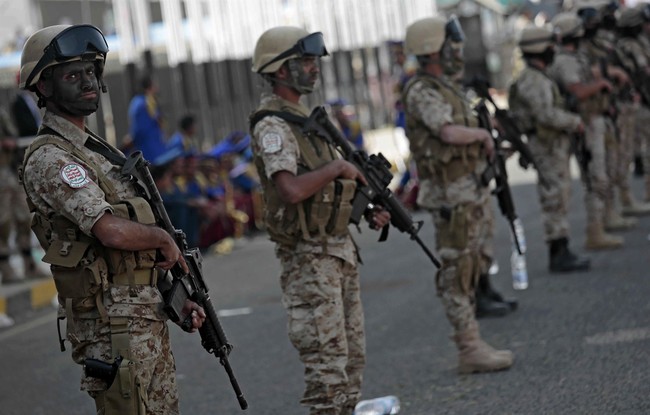Political Turmoil Escalates as Georgia's President Inaugurated
The political landscape in Georgia faces turbulent times as the newly elected president takes office amidst strong opposition and public protests. Discover what this means for Georgia's future.
Published December 30, 2024 - 00:12am

Image recovered from tass.com
In a significant yet controversial transition of power, Georgia inaugurated its sixth president, Mikhail Kavelashvili, amidst widespread political tensions and public protests. Kavelashvili, nominated by the ruling Georgian Dream - Democratic Georgia party, assumes office at a time when the political climate is fraught with challenges and uncertainties.
On December 29, the inauguration ceremony took place in the parliament of Tbilisi, beginning at 11:00 a.m. local time. Invitations had been extended to the 300 electors, comprising members of parliament and local authorities, who had chosen Kavelashvili over the opposition's outcry. The country's sitting president, Salome Zourabichvili, along with her supporters, vehemently contested the legitimacy of this election. In a defiant statement, Zourabichvili claimed, I am here and will remain here... emphasizing her refusal to acknowledge Kavelashvili's presidency.
Marking another facet of the unfolding political saga, Zourabichvili delivered a passionate address to her supporters from the presidential residence, declaring her intent to continue her fight against what she terms an illegitimate presidency. Her statement catalyzed a series of protests, including the symbolic 'Chain of Unity' march in Tbilisi, as citizens rallied in support of civic unity and European values. This peaceful protest reflected the public's discontent regarding the nation's deviation from its European integration trajectory, which was put into cold storage pending a prospective 2028 reassessment.
The president's controversial ascent to power symbolizes not only a contentious change in leadership but also an existential challenge for Georgia's future direction. Mikheil Kavelachvili's political affiliations and conservative stance, perceived by some as leaning away from European ideals, have fueled apprehension over Georgia's alignment in global politics amid the ongoing Russia-Ukraine conflict.
Despite the peaceful demeanor of the inauguration ceremony, protests reverberated throughout the capital. Large groups of civilians took to the streets, defending the outgoing president Zourabichvili, who has been a vocal advocate for transparency and alignment with the West. These movements mirror the sentiments of various other nations in Europe and the USA, where solidarity rallies were organized in a show of support for Georgia's civic protests.
The switch from a national electoral system to one governed by an electoral college has made this presidential election notably contentious. Such a shift casts doubt on the election's fairness, according to opposition entities who accuse the ruling party of electoral malpractice. With violence breaking out during the early protests, over 400 demonstrators were arrested, and global attention heightened as sanctions were imposed on Georgian officials by Western powers like the US and UK, citing human rights abuses and political oppression.
As Zourabichvili steps down, albeit under protest, the political discourse in Georgia remains polarized. Accusations from the Dream Party suggest opposition-fueled unrest is backed by foreign influence aiming to steer the nation into instability. Meanwhile, protesters, alongside international allies, continue advocating for a commitment to democratic processes and civil rights.
The unfolding events in Georgia set the stage for an uncertain future, where socio-political dynamics will dictate both domestic security and international relations. Whether Kavelashvili can address these internal conflicts and manage international perceptions/sanctions poses a compelling question for observers of Eastern European politics.







